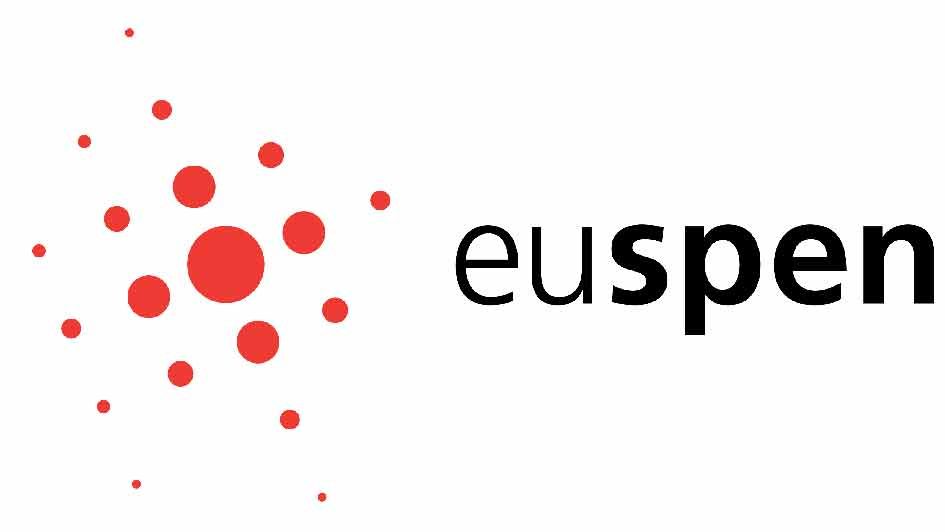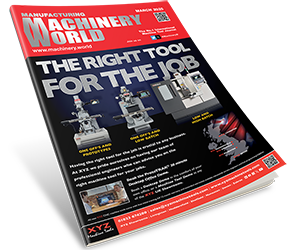euspen announces an important event for the sustainable energy community analysing the role that precision engineering has in developing economic energy solutions to contribute to a low carbon economy.
Many current issues will ensure that sustainable energy systems — already a hot topic in energy related as well as general political, social, and economic conversations — will continue to dominate debate over coming decades. With talk of ever growing populations, the omni-present problem of climate change, and the squeeze being put on fossil fuel resources, demand for renewable energy continues to grow exponentially.
Future energy solutions will see a proliferation of sustainable renewable energy alternatives, renewable energy now being at the centre of every intelligent discussion concerning energy sustainability, energy security, and energy affordability.
Taking as its focus wind, solar, and oceanic sustainable energy technologies and energy storage considerations, euspen (the European Society for Precision Engineering and Nanotechnology) is delighted to announce an upcoming Special Interest Group (SIG) Workshop looking at various issues of concern to the sustainable energy community to be held 9-10 October 2019 at the University of Strathclyde, U.K.
David Billington, Executive Director at euspen explains the reason behind the Workshop. “In all industrial revolutions throughout history, it has been precision engineering that has driven success, turning seemingly impossible ideas into cost-effectively produced products and components. It is our view that when it comes to sustainable energy, the same pattern will develop.”
“As we stand, the world is not short of sustainable energy solutions, and many — as would be expected — are decreasing in cost and therefore becoming more viable. However, they are not evolving fast enough to facilitate the low carbon (some would say “no carbon”) economy that is being striven for globally. The purpose of this workshop, therefore, is to bring together people from academia, industry, and government to share experiences concerning the use of precision engineering principles to help develop new ideas and manufacturing systems to reduce production and ownership costs.”
The Workshop will look at automated precision production of components and systems ranging from manufacture of solar cells and panels to their installation and maintenance; to ever larger wind turbines on and offshore including in-situ manufacturing of ever larger elements; to energy storage systems from batteries to hydro power systems.
For sustainable wind technology, the specific focus will be on the design and manufacture of actuators, gearing and controls, blades and materials, and towers. The hot topics that will be covered when looking at solar energy will be concentrating solar power (CSP) and photovoltaics, and for oceanic energy wave, tidal, off-shore wind, and automated aquaculture and mineral harvesting will be considered.
Obviously of critical importance when looking at any energy solution is the topic of storage, and so hydro, flywheel, battery, and thermal (including geothermal) storage technologies will also be central to the Workshop.
The organising committee and local hosts supporting euspen for Workshop is made up of a team of experts from across the precision engineering and sustainable energy sector including Dr Harald Bosse from Physikalisch-Technische Bundesanstalt (PTB); Prof. Paul Shore from the National Physical Laboratory (NPL); Prof. Alex Slocum from the Massachusetts Institute of Technology (MIT); and Prof. Xichun Luo from the University of Strathclyde.
There is no doubt that engineering innovation will be the key to future success of sustainable energy systems, and as with so many other industry sectors, the role of precision engineering in stimulating this innovation will be key. The goal for all involved in this sector, and for the attainment of the low carbon future that so many governments and institutions see as one of their main objectives is the continual proliferation of low cost efficient solar, wind, and oceanic sustainable energy solutions.
All new and innovative technologies in these sectors will require the design and manufacture of extremely accurate, robust, and decisive mechanical components, and the euspen workshop will help to further the advancement of work taking place in this important field of energy creation and storage.
To find out more about the Workshop please visit www.euspen.eu, or contact Dishi Phillips Business Development Manager at euspen on t. +44 (0)1234 754023 e. dishi-phillips@euspen.eu.







